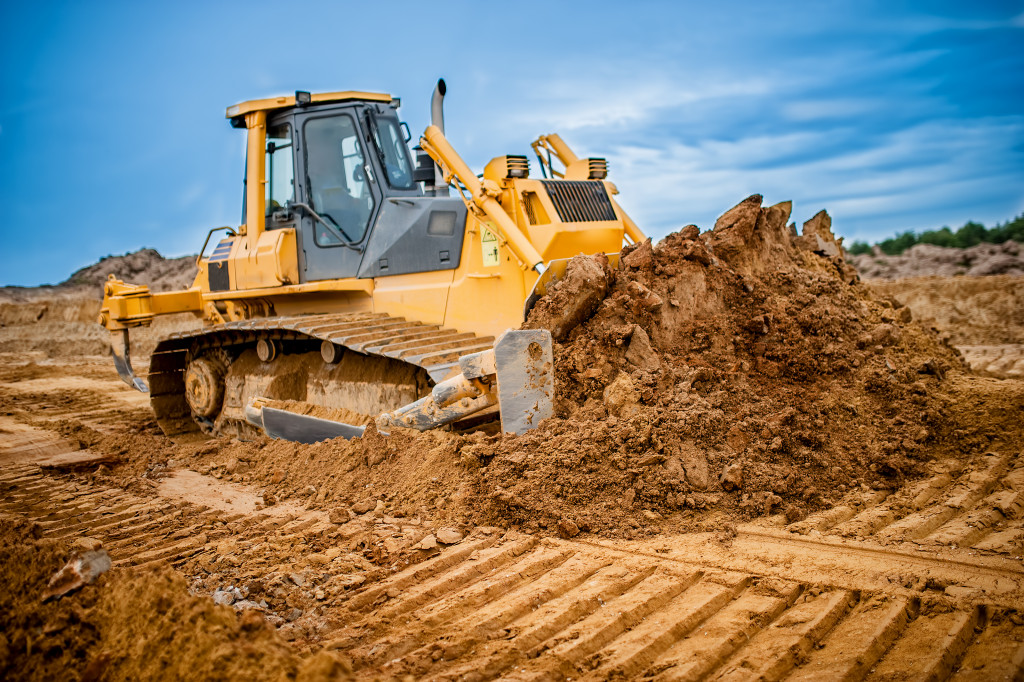The construction industry is recovering from the pandemic. The lack of workers is a challenge, but companies are finding ways to compensate for the shortage. For example, some use drones to help with surveying and construction projects.
The industry is also benefiting from new technology, such as 3D printing. Firms can use this technology to create homes and other structures quickly and cheaply, and it’s also helping to improve safety on construction sites.
Despite these challenges, the construction industry is slowly but surely getting back on its feet. With the help of new technology, it will continue to grow and thrive in the years to come. However, individual construction firms have their own sets of problems. But the most common way to deal with these problems is to save money. One of the best practices of successful construction firms is preventive maintenance.
What is Preventive Maintenance?
Preventive maintenance is a regularly scheduled service performed on equipment to prevent failures and breakdowns. It is also known as planned maintenance or scheduled maintenance.
The main goal of preventive maintenance is to avoid unplanned downtime and keep equipment running smoothly. This maintenance is usually done regularly, such as monthly or yearly.
Why is Preventive Maintenance Important?
Construction businesses rely heavily on their equipment. Without it, they would not be able to function correctly. That’s why preventive maintenance is so essential. Construction businesses can avoid costly repairs and replacements by keeping equipment in good working condition.
In addition, preventive maintenance can help improve safety on construction sites. Construction businesses can avoid accidents and injuries by ensuring that equipment is in good working condition.
Preventive maintenance is also essential for compliance with safety regulations. Construction businesses that don’t perform preventative maintenance on their equipment can be fined or shut down.
Here are some essential preventive maintenance tasks for every construction firm.

Inspect and Test Your Equipment Regularly
You should inspect and test your equipment regularly to ensure it is in good working condition. This includes checking for cracks, leaks, or other damage. You should also test the equipment to make sure it is functioning correctly.
If you find any damage, you should repair it immediately. If you can’t fix the damage, you should replace the equipment.
Keep Your Equipment Clean
Construction sites are full of dirt, dust, and debris. This can cause your equipment to break down over time. That’s why it’s essential to keep your equipment clean.
You should clean your equipment after every use. You can use a pressure washer or hose to remove dirt or debris. You should also lubricate your equipment regularly to prevent rust and corrosion.
Get Necessary Parts For Heavy Equipment
One of your most significant pieces of equipment is heavy equipment. Every firm knows about the brand Caterpillar or CAT, and there’s a good chance that you’ve invested some of your money in getting their excavators and other heavy equipment. This brand has resilient products, but they are not invulnerable to damage. That’s why it’s always good to have extra parts. For example, a reliable CAT C15 overhaul kit is essential for every construction company. It’s used for replacing a Caterpillar C15 engine’s major components. It can be done with little to minimal effort, given that you know how the equipment works.
It’s always essential to have the necessary parts for your heavy equipment. By doing so, you can avoid costly repairs or replacements.
Follow the Maintenance Schedule
Every piece of equipment has a different maintenance schedule. However, you should follow the manufacturer’s recommendations for each piece of equipment.
Some manufacturers require that you perform preventive maintenance every month or year. Others may recommend that you do it every two months or six months.
Following the maintenance schedule is essential to keep your equipment in good working condition. In addition, by following the schedule, you can avoid costly repairs or replacements.
Invest in Training
You should also invest in training for your employees. They should know how to operate and maintain your equipment properly. A good training seminar can teach your employees everything they need to know about preventive maintenance. It’s an investment that will pay off in the long run.
Specific training seminars can also teach your employees regarding parts of various equipment and how to deal with them. Furthermore, it can also show your staff the importance of safety in the workplace. It’s essential for an industry with thousands of fatal accidents every year.
In conclusion, preventive maintenance is essential for every construction business. By performing these tasks regularly, you can avoid unplanned downtime and keep your equipment in good working condition. Not to mention, you’ll also improve safety on your construction site. By doing these preventive maintenance tasks, you can save your company from the economic damages of the pandemic and other unforeseen events.
